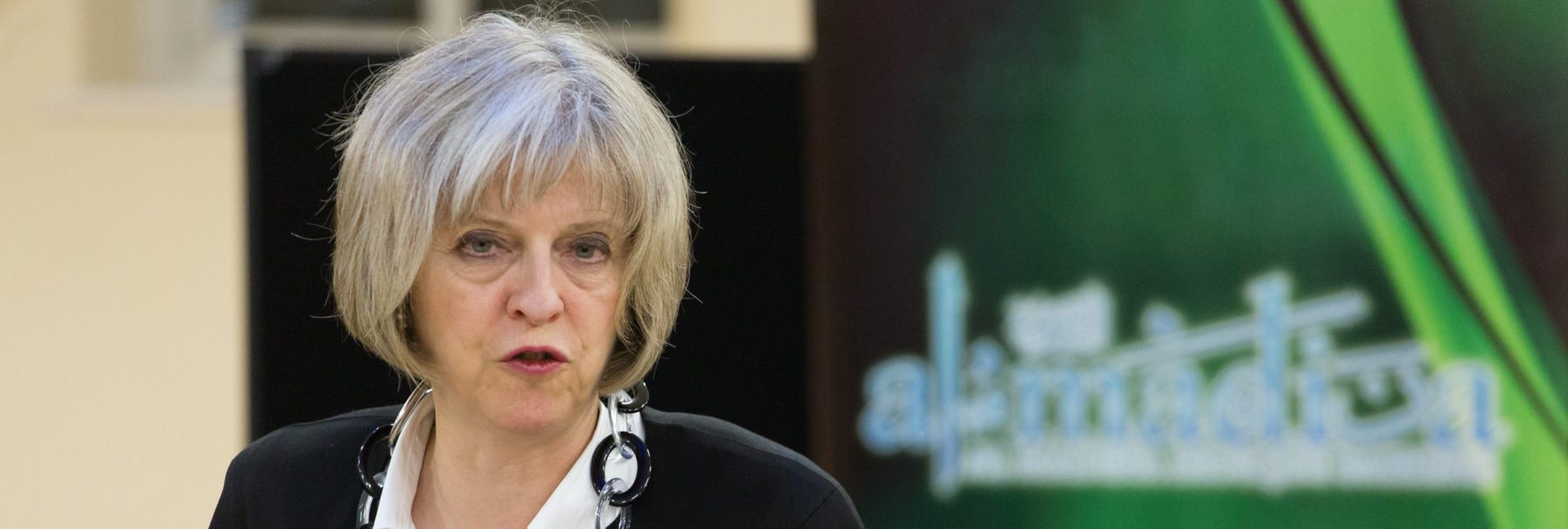Democracy: A retrospective on the Brexit aftermath
A few days ago I came across a very interesting question on the website ‘Quora’. It read like this: “In the future, will China be a democracy or will it remain a one-party system?” To answer the question, it burdens a critical examination of democracy in the West; in this case the UK, shortly following the Brexit vote.
However, before I get to Brexit, I start with a summary of 2015 General Election as the first display of what “our” democracy really is. In 2015 GE in the UK, 3.9 million people voted for UKIP, 1.1 million for Greens and 1.4 million for SNP.
However, Greens and UKIP got only 1 seat each whilst the SNP were hailed “winners of the night” with 50 seats. 300,000 extra votes had meant an extraordinary 49 extra seats. On the other hand, the Conservatives which currently have the majority of SEATS (330 out of 650) did not win majority of the VOTES.
I start with a summary of 2015 General Election as the first display of what “our” democracy really is
They got only about 37% of the overall vote. In other words, 67% of the electorate did NOT want them in power yet they have a majority, meaning they can pass any piece of legislation as long as only the Conservative MPs vote in favour of it.
In simple terms, 49% of the MPs can be against a motion, yet still see that motion approved. In 2016, in the aftermath of the Brexit vote, the UK prime minister decided to step down.
In simple terms, 49% of the MPs can be against a motion, yet still see that motion approved
Initially, the next PM was to be elected by the Conservative party members (around 150,000 people), not by another General Election, which as unchallenged as it was by majority of the media outlets, it undermines democracy to offer such crucial and decisive call to 0.002% of the population.
However, later on as all but one of the candidates dropped out, Theresa May became PM without a single vote from an ordinary citizen. 176 MPs voted in favour her, which propelled her to the top of the leadership race, indicating that 154 Conservative MPs did not see her suitable for the role.
It undermines democracy to offer such crucial and decisive call to 0.002% of the population
On the other end of the political spectrum, in July 2016, the onslaught received by Jeremy Corbyn, the leader of the Labour Party by the National Executive Committee (NEC) decided those who had joined the Labour party after January 2016, cannot vote in the leadership contest of the party they had just paid to become a member of.
The only way for these new members to get the chance to vote was by paying £25 to become a registered supporter. Now that amount might not seem much but the very fact that there is a price on one’s ability to vote undermines the principles of democracy.
The very fact that there is a price on one’s ability to vote undermines the principles of democracy
Democracy does not assume intelligence or wealth for the electorate, rather it gives them the right to a vote by the virtue of their existence. In a democracy, there should never be an oppressive call for the rebels to ‘get in line’ with traditional two party systems. The electorate is given the right to elect whoever it wishes.
In a healthy democracy, the existence of ‘the opposition’ is to provide a critical and pragmatic challenge on the policies which the government seeks to employ. This is because democracy, as opposed to dictatorship, is based on debate and reasoning, not alignment to particular agendas.
In a democracy, there should never be an oppressive call for the rebels to ‘get in line’
In totalitarian regimes, the choice is one candidate, in the UK, realistically, it’s between 2. As Chomsky notes belligerently, “in a democracy, the governed have the right to consent, but nothing more than that”. Which inarguably, in case of the West, makes it momentously superior and eternally functional, as opposed to the Chinese dictatorship.
Western democracy, as he says produces spectators out of the electorate with the one-dimensional function of choosing leaders to govern them and not participants. Now I didn’t answer the original question directly but is it fair to assume that this “democracy”, is actually “democracy”?

Comments